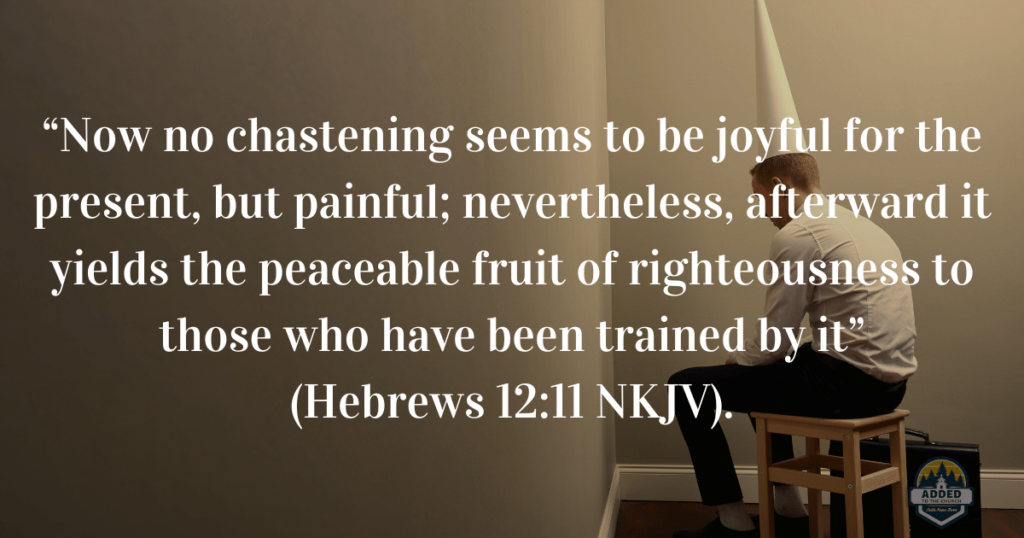It is interesting how one encyclopedia describes patience with the use of the word “punishment” in its definition. “Ability to take a great deal of punishment from evil people or circumstances without losing one’s temper, without becoming irritated and angry, or without taking vengeance.”[1] This does not seem to be a joyful thing, especially for one without patience.
Who Would You Be Without Patience?
You would be that person who overreacts to every minor inconvenience. You got a 7-piece chicken nugget instead of an 8-piece like you ordered, and now you, with as much foolishness as you can muster, let the cook know about their mistake. “A fool vents all his feelings, But a wise man holds them back” (Proverbs 29:11 NKJV). You would also be that person whose temper seems to continue to get the best of them. This person will notice the number of friends they have steadily drop. “A man who has friends must himself be friendly…” (Proverbs 18:24). This patience-less person will also be judged with the same lack of patience one day that they had submitted others to (Matthew 7:2). We need to have patience for others and even ourselves sometimes.
How Do We Produce Patience?
If you are like most strong people, you desire patience, not only to maintain relationships with others but also to function without the weakness of your emotions controlling you. James will state under inspiration that it is through times of difficulty that patience is produced. “My brethren, count it all joy when you fall into various trials, knowing that the testing of your faith produces patience” (James 1:2-3). A key point commonly looked over in this passage is the attitude of joy maintained during the unwelcome time of falling into trials. We can encounter hardships and let them get the best of us rather than making the best out of them. If the hardship is getting the best of you, you suffer for nothing and lose out on the perfect work that difficulty can produce. “But let patience have its perfect work, that you may be perfect and complete, lacking nothing” (James 1:4). So, we can think of patience not as something we produce but as something we achieve through and with difficulty.

The Joy of Punishment
Our above definition used the word punishment for the difficulty administered by evil people. We can withstand the punishment of evil because good has disciplined us. “Now no chastening seems to be joyful for the present, but painful; nevertheless, afterward it yields the peaceable fruit of righteousness to those who have been trained by it” (Hebrews 12:11). Again, we see the word joy. We all agree hardships themselves are not joyful, but the fruit they can produce is joyful thanks to the proper practice of character. Allow Jesus to serve also as an example. “(L)ooking unto Jesus, the author and finisher of our faith, who for the joy that was set before Him endured the cross, despising the shame, and has sat down at the right hand of the throne of God” (Hebrews 12:2). Jesus despised the punishment. Still, because of His great patience, He and we can enjoy the joy of our Lord. Likewise, patience will bless our lives if we allow the joy set before us through the bearing of “punishment” to have its perfect work.
[1] Walter A. Elwell and Barry J. Beitzel, “Patience,” Baker Encyclopedia of the Bible (Grand Rapids, MI: Baker Book House, 1988) 1619.





